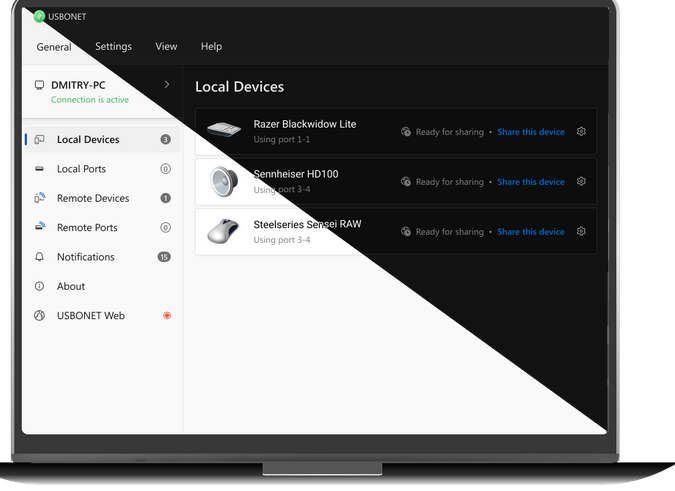In today’s fast-paced and often stressful world, mindfulness has emerged as a powerful tool for enhancing mental well-being and managing life’s challenges. Dr Brian Blick, a renowned psychologist, shares valuable insights on how mindfulness can transform your life and help you navigate difficulties with grace and resilience.
Understanding Mindfulness
Mindfulness is a practice that involves paying deliberate and non-judgmental attention to the present moment. It entails being fully engaged in your experiences, thoughts, and emotions without attempting to change or judge them. Dr. Sarah Evans emphasizes that mindfulness is not about emptying the mind or achieving a particular state but rather about cultivating awareness and acceptance.
Managing Stress and Anxiety
One of the most significant benefits of mindfulness is its capacity to reduce stress and anxiety. When you practice mindfulness, you become more attuned to your body’s stress responses and can intervene to calm them. Techniques like mindful breathing, body scans, and meditation can help you ground yourself in the present moment, alleviating the symptoms of stress and anxiety.
Enhancing Emotional Regulation
Mindfulness fosters emotional regulation by allowing you to observe your emotions without immediate reactivity. When faced with difficult emotions, practicing mindfulness enables you to acknowledge them without judgment. This acknowledgment creates a buffer between your emotions and your responses, empowering you to choose how you react.
Improving Focus and Concentration
In our digitally driven world, distractions are ubiquitous, making it challenging to maintain focus and concentration. Mindfulness exercises, such as concentration meditation, can sharpen your ability to pay attention to the task at hand. By training your mind to stay present, you can enhance productivity and efficiency in various aspects of your life.
Fostering Resilience
Mindfulness is a potent tool for building resilience, the ability to bounce back from adversity. Dr. Sarah Evans notes that when you practice mindfulness, you develop a heightened awareness of your thought patterns. This awareness allows you to challenge negative or catastrophic thinking, reframe situations, and maintain a more balanced perspective during challenging times.
Improving Relationships
Mindfulness extends beyond self-care; it also positively impacts your interactions with others. When you practice mindfulness in your relationships, you become a more active and empathetic listener. You’re better equipped to understand and validate the experiences and emotions of those around you, which fosters stronger connections and more harmonious relationships.
Cultivating Gratitude and Well-Being
Mindfulness encourages a mindset of gratitude and contentment. By focusing on the present moment, you become more attuned to life’s simple pleasures and the beauty in everyday experiences. This shift in perspective can elevate your overall sense of well-being and fulfillment.
Incorporating Mindfulness into Daily Life
Dr Brian Blick MD Evans underscores that mindfulness is not reserved for meditation retreats or special occasions. It can be integrated into your daily life in simple yet profound ways. You can practice mindfulness while eating, walking, or even during routine activities like washing dishes. The key is to approach these activities with full attention and awareness.
Conclusion
The transformative power of mindfulness, as explained by Dr. Sarah Evans, is a valuable resource for navigating life’s challenges with resilience, grace, and inner peace. By incorporating mindfulness into your daily routine, you can effectively manage stress and anxiety, enhance emotional regulation, improve focus, foster resilience, and cultivate more meaningful relationships. Mindfulness is not a destination but a journey of self-discovery and self-compassion that can lead to a more fulfilling and balanced life.



